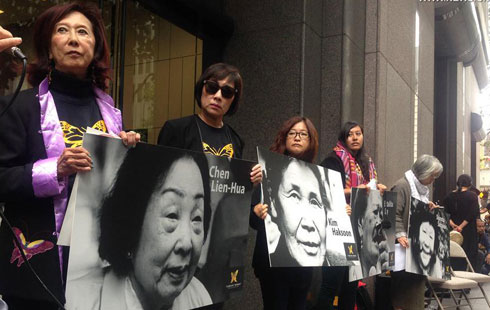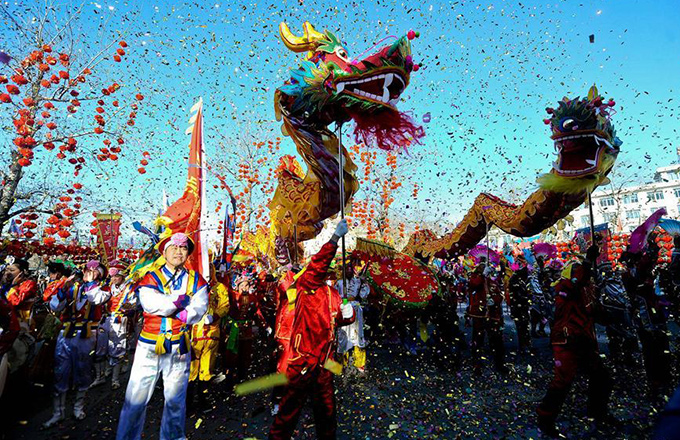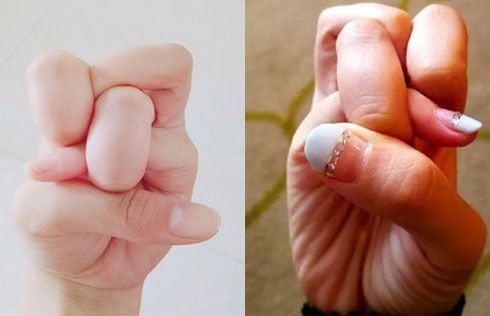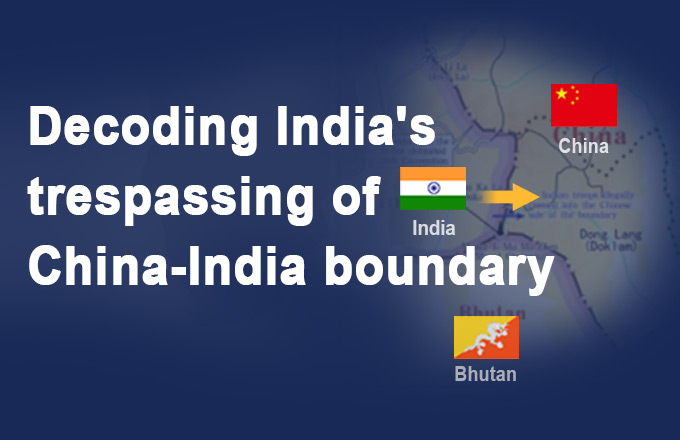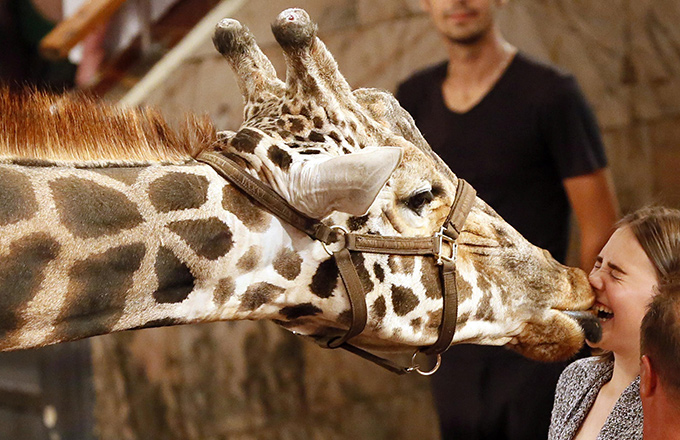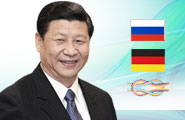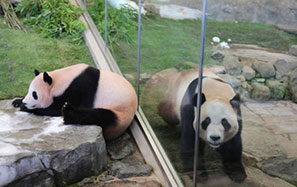China more evident than ever in Hollywood movies
I have long understood that the Chinese and the US economies are intertwined and interdependent. I am also aware that collaborations between the two sides in the movie industry remain frequent and consistent.
According to China's State Administration of Press, Publication, Radio, Film and Television, China reported $6.58 billion total box office revenues in 2016, a market of great allure to international movie production companies, especially those in Hollywood. China is a market that cannot be ignored because it is seen as the next frontier, with more than 1.2 billion potential consumers.
Still, I'm always amazed when I get some first-hand experience — two movies, two weekends in a row — at what a pervasive role the China/Chinese elements are already playing in what the American movie industry is putting out there.
On July 28, I took my son to see the star-studded The Emoji Movie — a Sony Pictures Animation production aimed at encouraging self expression.
Leaving aside the many criticisms the film has received for its bad writing and offensive jokes, the film also irked movie-goers with its gratuitous placement of tech products. The long list of superfluous promos includes Facebook, YouTube, Instagram, Twitter, Dropbox and, last but not least, Crackle, which is owned by Sony.
The movie in particular highlights WeChat, a messaging app which was developed by Chinese tech giant Tencent that allows easy connections between family and friends worldwide through text, voice and video calls, photo sharing and games.
"[WeChat] is hugely popular in China, where this movie is aiming to make a killing," said Alissa Wilkinson of Vox Media.
That might be an understatement.
According to an April report released by the China Academy of Information and Communication Technology, WeChat has approximately 889 million active users, 10 million institutions, companies and individuals operate their official accounts through the WeChat platform, and 20,000 developers are continually creating apps to enhance functions and expand the consumer interface.
So it seems only natural to incorporate WeChat into a tech-savvy movie targeted for the worlds' most populous nation.
In recent years, Hollywood has quickened the pace of its attempts to penetrate the Chinese market though a multi-layered strategy. Utilizing its traditional culture which boasts a vigor and charm the West has admired for centuries is one approach.
Ma Chao, a scholar who has done extensive research on American movies' increasing and consistent adoption of Chinese cultural elements, said that since the 1990s, "Chinese faces have begun to find a place on Hollywood screens and Chinese elements have also been an indispensable constituent of Hollywood movies, which shows that international cultural exchanges have dramatically increased."
For example, 2013's Iron Man 3 featured extra scenes with popular Chinese actors along with intensive product placement of China's milk brand Yili.
Then the producers of Transformers: Age of Extinction (2014) set and shot the majority of the movie in China, featured several Chinese stars and allowed placement of several hundred Chinese products.
On Sunday, I once again felt the flood of Chinese elements when I saw the The Nut Job 2: Nutty by Nature, another animated comedy depicting how animal friends spring into action when an evil mayor plans to bulldoze the park that they live in.
Among the many heavyweights doing the voices — such as Will Arnett, Maya Rudolph, Bobby Moynihan and Katherine Heigl — Chinese martial arts master and movie star Jackie Chan makes a big splash playing Mr Feng, the highly territorial leader of a gang of city mice that live in a deep, dark alley in Chinatown.
In his distinctive voice, Chan explains vividly the essence of Chinese kung fu and demonstrates in slow motion some tai chi movements.
"Is it Jackie Chan, that big-nosed Chinese kung fu master?" a little girl sitting behind us asked her mom.
"Yes, it's him," answered my 9-year-old son, who overheard the question and couldn't help but jump in. "He's cool."
A follow-up to the first Nut Job, a 2014 release that harvested a gross $64.2 million and $120.8 million worldwide, Nut Job 2 is hoping to make even bigger numbers this year in Asia. Shanghai Hoongman Technology Co, along with three other companies, produced the film.
It looks like more and more people want a piece of the pie.
Contact the writer at [email protected].






